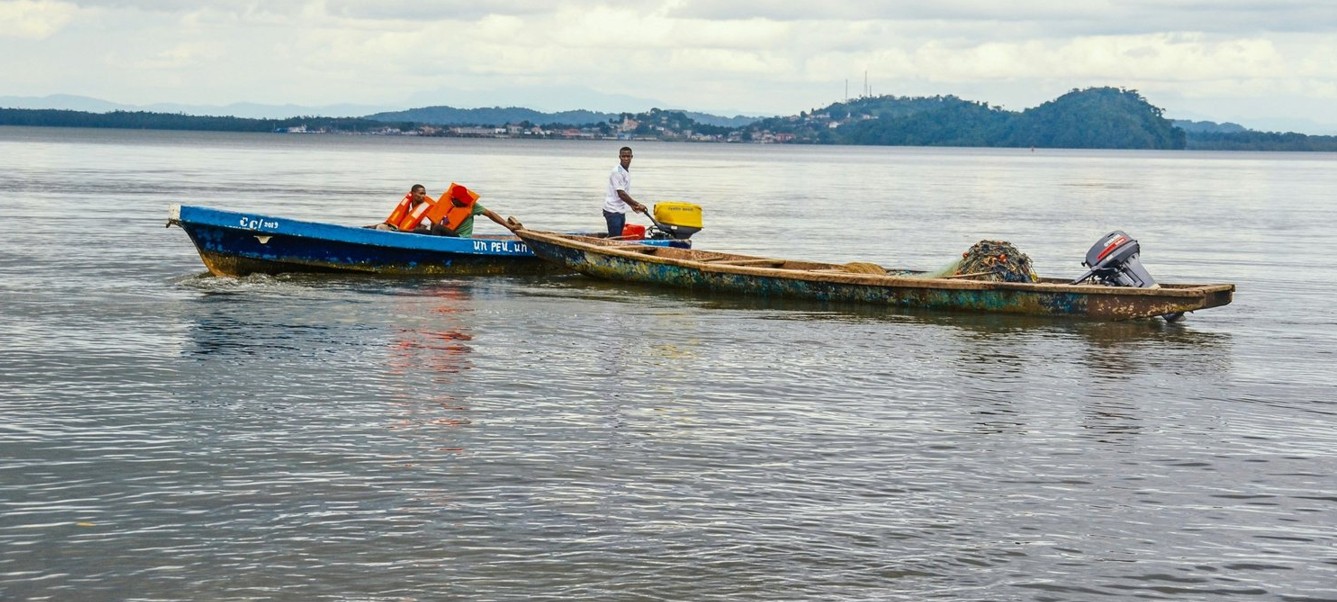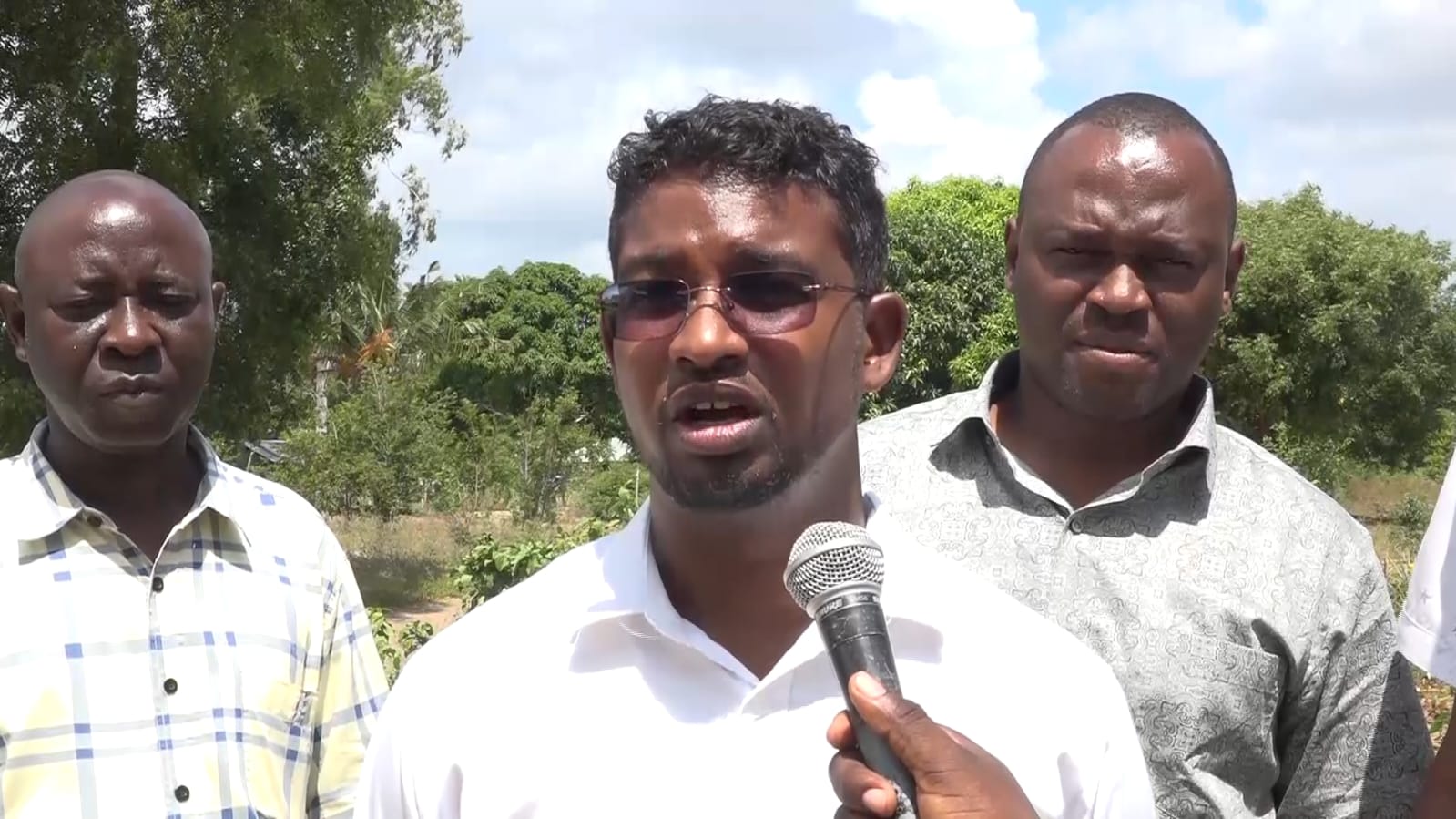Gabon withdraws from EU fisheries deal after nearly 20 years, citing economic concerns

The West African nation, which entered the deal in 2007, says the agreement has disproportionately benefited European fishing fleets at the expense of its own economy and environment.
Gabon has announced its decision to withdraw from a long-standing fisheries partnership agreement with the European Union, ending nearly two decades of cooperation over marine resources.
The West African nation, which entered the deal in 2007, says the agreement has disproportionately benefited European fishing fleets at the expense of its own economy and environment.
More To Read
- From Mali to Benin: Africa faces surge of coups as unrest spreads
- Aubameyang, coach Mouyouma hail Kenya's hospitality after Gabon’s win over Gambia
- Aubameyang scores four goals as Gabon beat The Gambia in World Cup Qualifier at Kasarani
- Africa’s freshwater ecosystems depend on little creatures like insects and snails: Study maps overlooked species
- Ousted Gabon president Ali Bongo flies to Angola with family after release from detention
- Junta leader Nguema vows to rebuild Gabon after landslide vote win
President Brice Clotaire Oligui Nguema criticised the arrangement as “lopsided,” saying Gabon has gained little despite European vessels exploiting its territorial waters for years.
Under the pact, EU fishing vessels were granted access to Gabonese waters in return for financial contributions aimed at supporting Gabon’s fisheries sector. However, Libreville now argues that the promised benefits, such as investment, job creation, and industrial growth, have not materialised.
The government said it is particularly concerned that most of the fish caught under the agreement are shipped directly to Europe without being landed or processed locally. Officials say this practice has denied Gabon crucial opportunities to build a domestic fish processing industry and generate employment.
“The government of the Republic of Gabon intends to take back control of its resources and ensure that its fisheries sector benefits the national economy,” the statement read in part as quoted by African News, adding that local economic value must take precedence over external profits.
Libreville also raised alarm over the potential overexploitation of its marine ecosystem, warning that the current arrangement undermines its efforts toward sustainable resource management.
The European Union, reacting to the decision, expressed surprise at Gabon’s announcement but acknowledged the country’s sovereign right to exit the agreement. Brussels indicated that it remains open to dialogue and further negotiations with Gabon.
The move reflects a broader shift in Gabon’s resource governance, with the government seeking to assert greater control over its natural wealth and prioritise economic self-sufficiency.
Gabon’s exit from the EU fisheries accord signals a critical moment in Africa-Europe resource relations and could set a precedent for other nations reviewing similar agreements.
Top Stories Today
















































